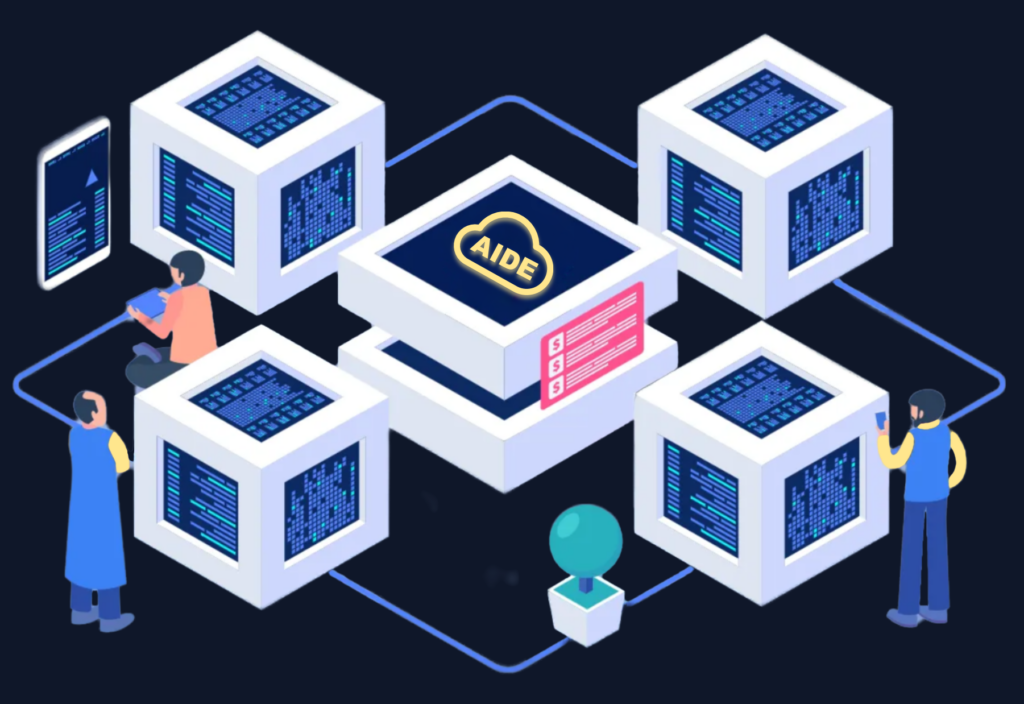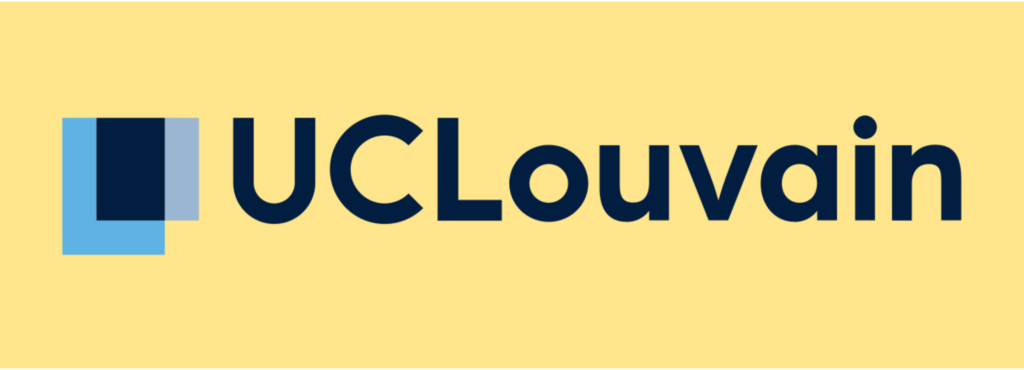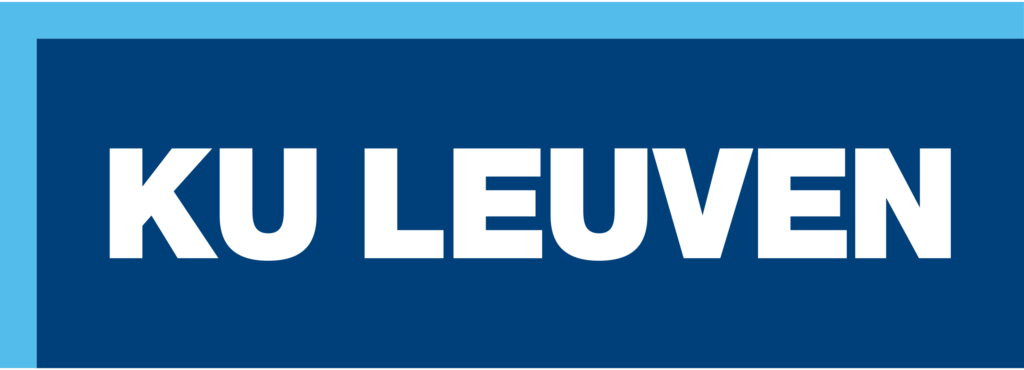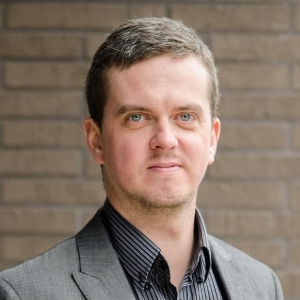AIDE project
Federated Learning for Robust, Resilient and Adaptive Protection of Systems
The AIDE project aims to define and implement a federated machine learning platform and demonstrate its effectiveness through several case studies.

Partners
The AIDE project takes place in a rich ecosystem of 4 teams made up of more than 80 researchers
working in the field of AI and cybersecurity.

UCLOUVAIN
Leads the strategic cybersecurity initiative for Wallonia, which brings together all centres and universities, as well as all private players.

IMEC
IDLab from IMEC – Ghent University has been working for many years on decentralizing access to the Internet.

KU Leuven
KU LEUVEN is historically the most active university in AI/Cybersecurity in Belgium.

CETIC
CETIC develops innovative data-sharing technologies and represents Belgium in the large-scale SPARTA project.
Keep up to date with project news
The research team
Summary of human resources involved (each for the entire duration of the project) :
6 PhDs
2 cybersecurity experts
3 international postdoctoral researchers
1 team leader

Miel Verkerken
Ph.D. Researcher (UGent)

Sander Borny
Researcher (IMEC)

Rosana Veroneze
Researcher (UCLouvain)

Khanh Huu The Dam
Ph.D. Researcher (UCLouvain)

Nico Salamone
Research Engineer (CETIC)

Laurens D’hooge
PhD Researcher (Ugent)

Jasper Vaneessen
Researcher (IMEC)

Philippe Massonet
Scientific Coordinator (CETIC)

Davy Preuveneers
Research Manager at DistriNet (KULeuven)

Tim Wauters
Project Manager (IMEC)

Merlijn Sebrechts
Researcher (IMEC)

Wouter Joosen
Head of DistriNet (KULeuven)

Lieven Desmet
Research Manager at DistriNet (KULeuven)

Bruno Volckaert
Professor at IDLab-UGent-imec

Jean Vanderdonckt
Human Computer Interaction (UCLouvain)

Svetla Nikova
Research Manager at COSIC (KULeuven)

Bart Preneel
Professor – Head of the research group COSIC (KULeuven)
Articles already published or accepted.
Consult our agenda.
Work Packages
We implement our project in two phases. The first phase covers the years 2022 and 2023, according to the dates set out in the call for projects. In the event of a follow-up (i.e., if a second call for projects allows for continuity), a second amplification phase is planned and possible for 2023-2025. The first phase aims to lay the foundations for the work and create the architecture. The second phase aims to amplify and generalize the results and accessibility of the architecture. Our work packages reflect our deliverables according to the two-phase sequence. We have disclosed both sequences to demonstrate the project’s long-term potential and evolving importance.
Five Work Packages (WP) comprise our project following its launch.






